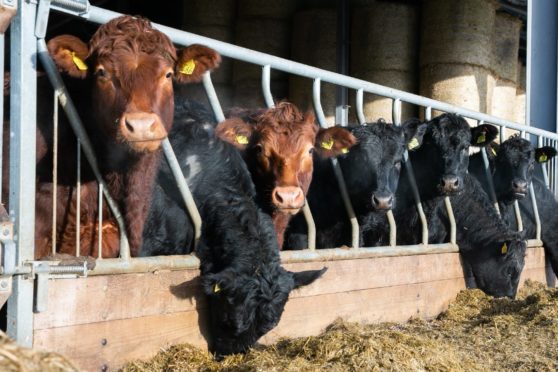Feeding beef cattle seaweed can reduce their greenhouse gas emissions by up to 82%, according to a new study.
Researchers at the University of California, Davis say the findings of the study could help pave the way for more sustainable livestock production across the world.
The five-month study involved adding small amounts of seaweed to the diet of 21 beef cattle, while tracking their daily liveweight gain and methane emissions.
Researchers found that cattle which consumed around 80g of seaweed per day gained as much weight as those which didn’t, while also producing 82% less methane.
“We now have sound evidence that seaweed in a cattle diet is effective at reducing greenhouse gases and that the efficacy does not diminish over time,” said Professor Ermias Kebreab, who is chair of the university’s department for animal science and a director at the World Food Center.
She said the study, which she carried out in conjunction with PhD student Breanna Roque, followed previous work by the duo which found seaweed could reduce methane emissions from dairy cows by more than 50%.
Ms Roque said: “There is more work to be done but we are very encouraged by these results.
“We now have a clear answer to the question of whether seaweed supplements can sustainably reduce livestock methane emissions and its long-term effectiveness.”
Earlier this month supermarket giant Morrisons announced plans to have net-zero meat, eggs, fruit and veg on its shelves in the next few years. This included plans to encourage its beef farmer suppliers to feed their cattle seaweed supplements to reduce methane emissions.
